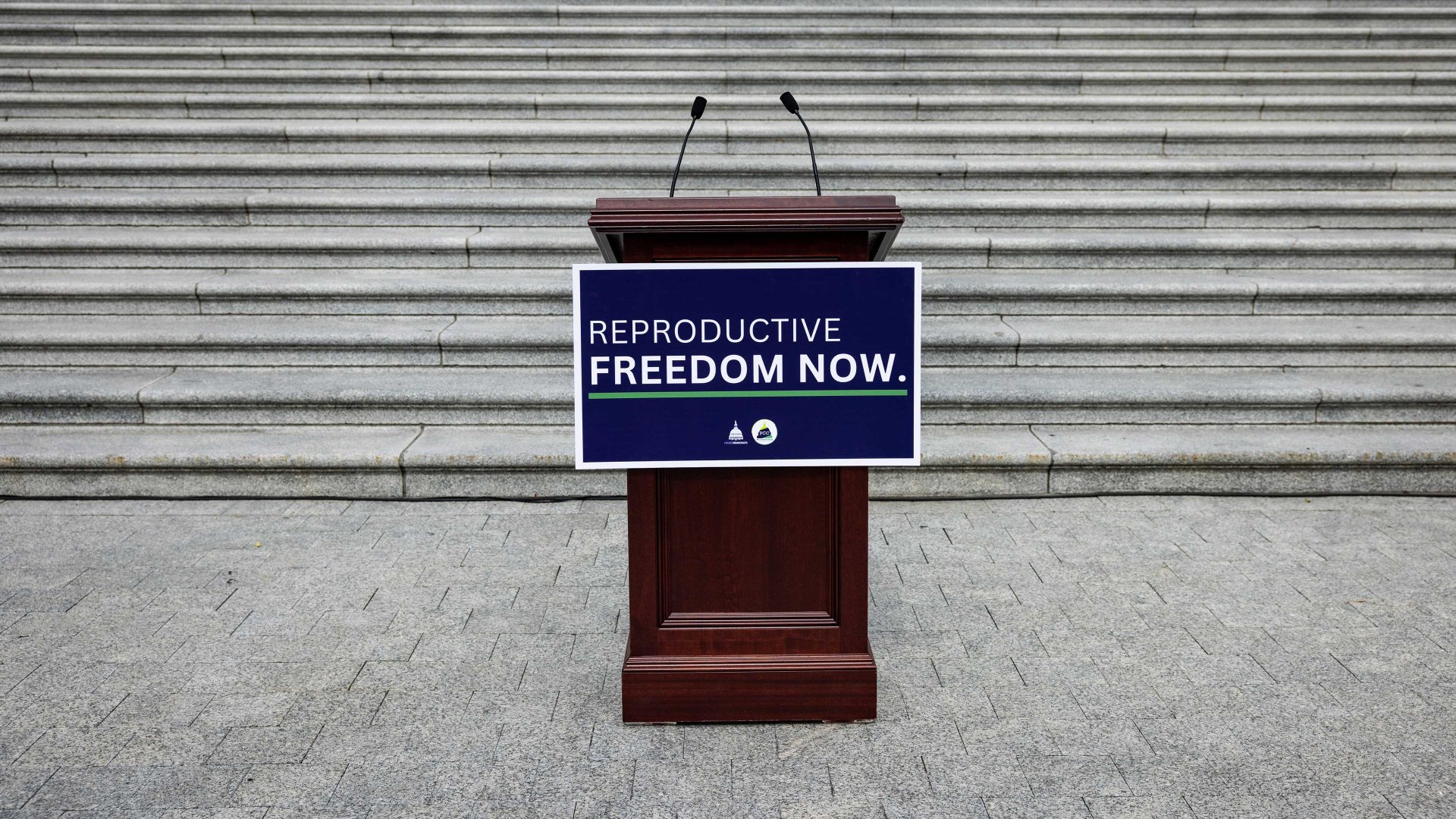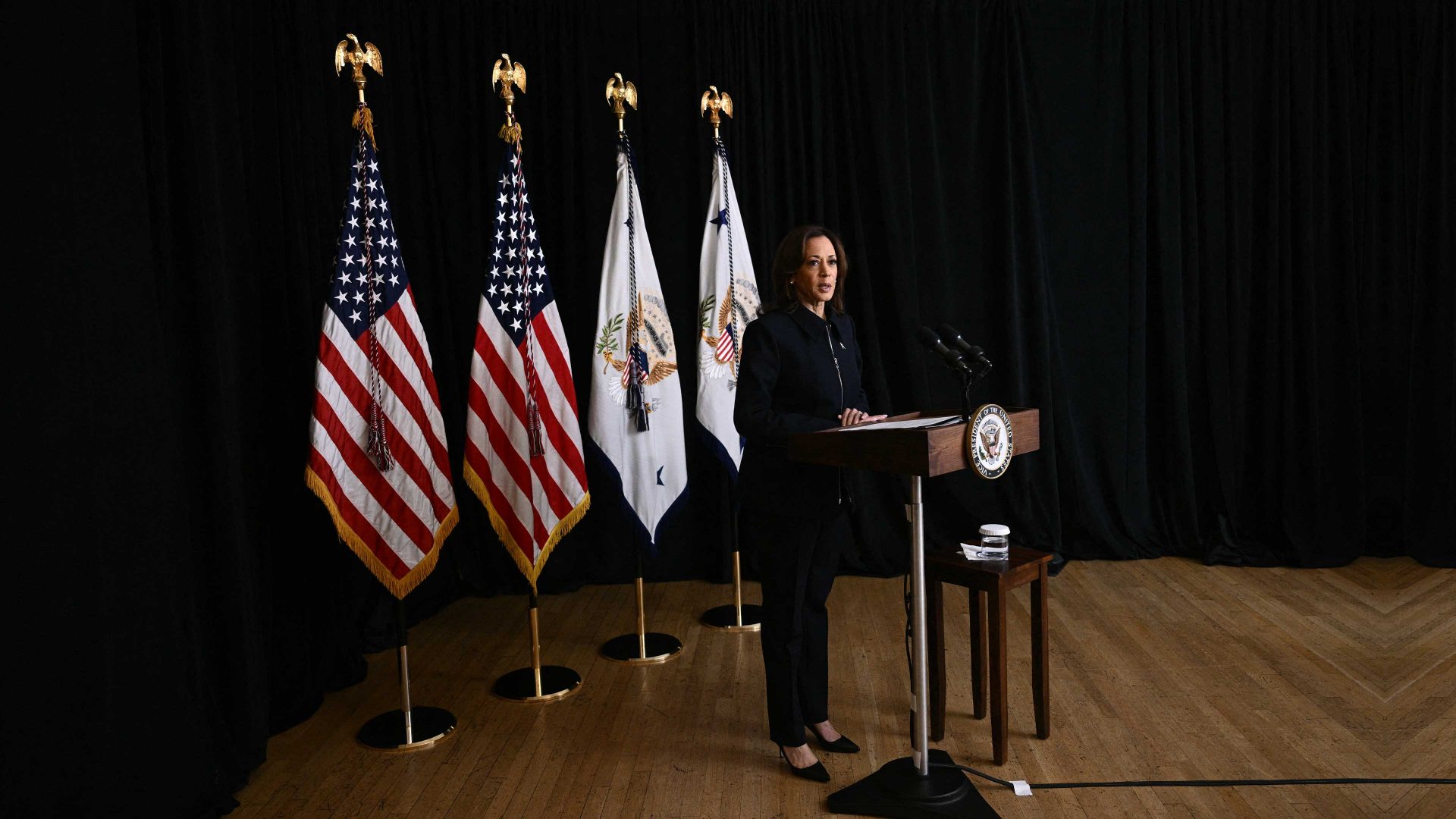One of the more surprising news stories to break last week was the revelation that Melania Trump’s forthcoming memoir includes a strong defence of the right to abortion. There is no ambiguity. According to the Guardian, the book includes the line:
“A woman’s fundamental right of individual liberty, to her own life, grants her the authority to terminate her pregnancy if she wishes’’.
Meanwhile her husband is claiming responsibility for overthrowing Roe v Wade and the recriminalisation of abortion in many states that followed that Supreme Court decision, a legal decision supposedly backed by moral reasoning. Shockingly, Arkansas has now banned abortion even in cases of rape or incest. Could Melania’s leak be a politically motivated hint that, despite the rhetoric, Republicans won’t be so hardline on this issue if elected? Perhaps.
It’s possible too, if unlikely, that Melania was influenced by Judith Jarvis Thomson’s A Defense of Abortion. This was published in 1971 – two years before Roe v Wade. At the time, much philosophical debate focused on the question of when a fertilised egg becomes a person and thereby acquires moral rights. Those who oppose abortion, or consider it only permissible in exceptional cases, typically believe this occurs very early on, perhaps even at conception.
Thomson, who opposed the idea that a zygote or early-stage foetus was a human being, used an interesting strategy that changed the debate. Instead of getting tangled up in questions of drawing the line, she assumed, just for the sake of argument, that a fertilised egg is a person and explored what would follow from that. Her conclusion was that a foetus’s rights even then wouldn’t necessarily have priority over a woman’s right to control what happens to her body.
She used a memorable thought experiment to make her case. Imagine you wake up feeling a bit groggy and discover to your surprise that you are in a hospital back-to-back with another person in bed with you, a famous violinist who is unconscious. The Society of Music Lovers have drugged and kidnapped you and a surgeon has connected your body to him with tubes. The violinist suffers from a kidney disease and will die if unplugged. You have been chosen as host because of your rare blood type.
A doctor reassures you that things aren’t as bad as they seem: in nine months your new companion will be able to survive without being dependent on your body.
Do you have a duty to keep the violinist alive? You might think you don’t have enough information to answer that. In real life your decision might depend on whether this was Nigel Kennedy, Nicola Benedetti, or Itzhak Perlman. But thought experiments are designed to minimise complications. The key points here are that another human is now dependent on you and that you didn’t choose to be in that position.
Thomson maintained that even though the violinist is unquestionably a person, you don’t have any overriding duty to keep them alive. That would be asking too much, compelling you to be a Good or even a Splendid Samaritan:
“No person is morally required to make large sacrifices to sustain the life of another who has no right to demand them.”
Pulling the plug on the violinist wouldn’t be doing the violinist an injustice. No one has a right to make such heavy demands on you and on your body. If, by some miracle, decoupling didn’t kill them, however, you wouldn’t have the right to execute the viable newborn. You would only have a right to protect what happens to your body, not what happens next in that formerly dependent person’s life.
Those who disagreed with Thomson were swift to point out disanalogies between the violinist and a developing foetus. One of the most obvious is that in Thomson’s example the attachment was made without consent, whereas that is not how people usually become pregnant. On that view, the thought experiment was more directly analogous with pregnancy following rape than with pregnancy resulting from consensual intercourse. People choose to have sex and so risk pregnancy even when they use birth control. Perhaps in the process they take on implicit moral responsibilities despite intending to avoid pregnancy.
Even if her analogy is flawed in some respects, it highlights the importance of weighing a woman’s rights over what happens within her body against any supposed rights of a developing foetus. She showed us that these issues are morally complicated and nothing like as clear cut as pro-lifers suggest.



